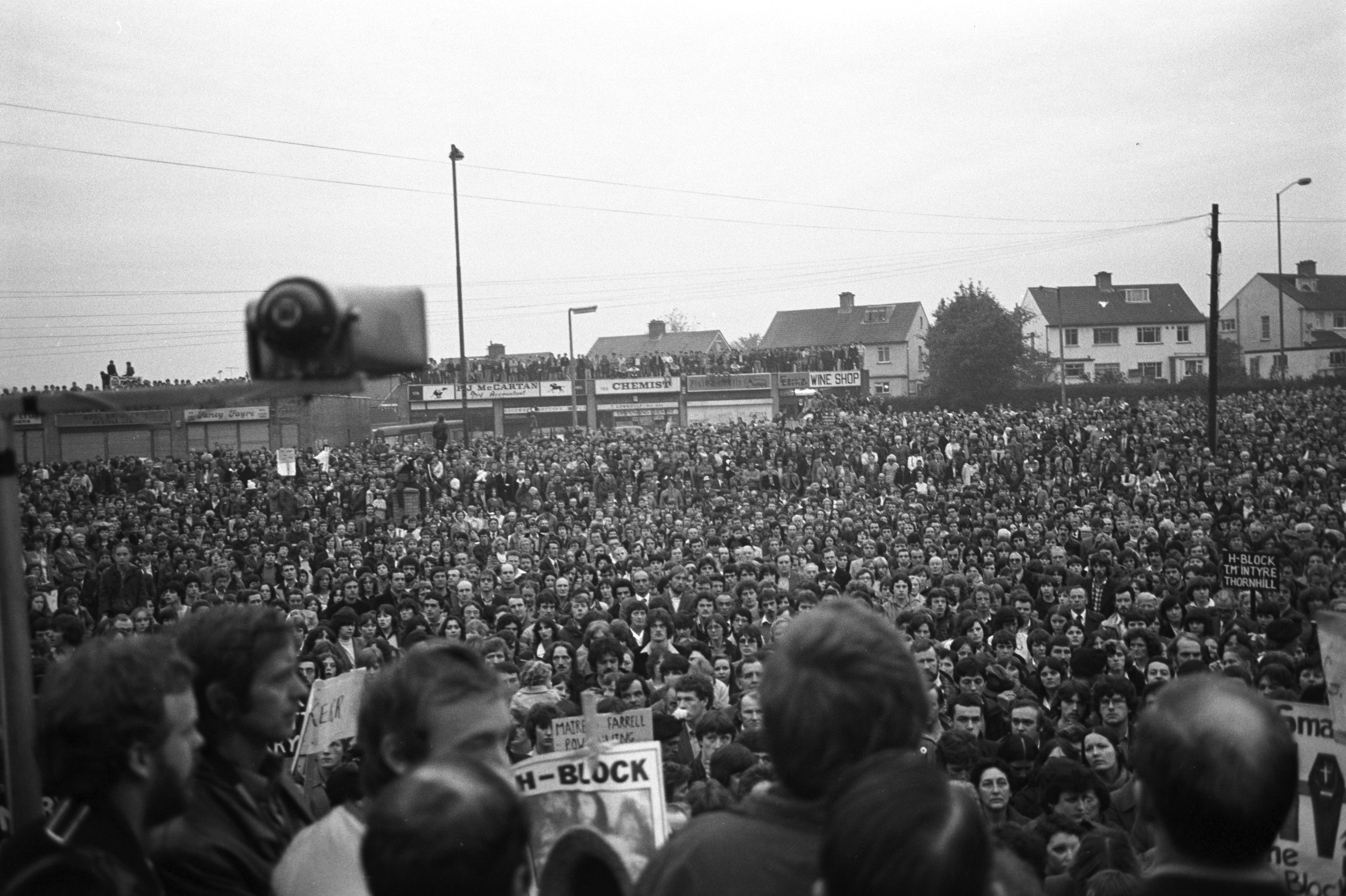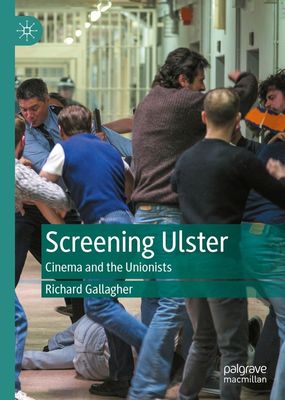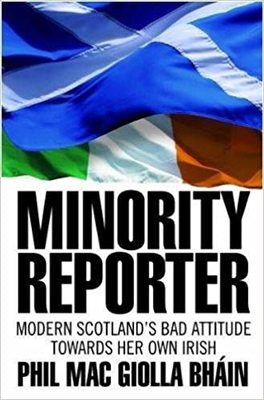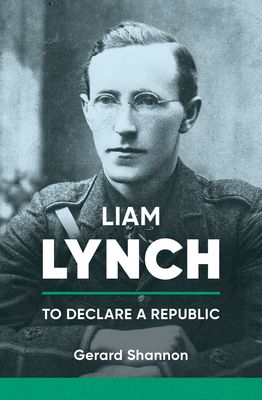'What a Bloody Awful Country: Northern Ireland’s Century of Division' by Kevin Meagher (Biteback, £20)
You know the history of this island, do you not? You know of the colonisation by our neighbour. And, due to the failure to oust the coloniser once and for all in 1920, you know the result: a country partitioned a century ago.
You know of the 50 years of untrammelled Unionist misrule in this British enclave. The gerrymandering, the unjust housing allocation, the jobs discrimination, the police partiality. You’re aware of the casual brutality of those July days. And you know, and will never forget, the following thirty years of bloodshed.
Most definitely, since you are living it now, you know of the obstacles raised during the past twenty years by an inflexible unionism that refuses to accept a changed, and changing, reality.
Therefore, as a reader of this review, it may appear that you are not the target audience for this book because it tells you nothing you do not know. It may jog your memory about odd incidents. It may make you sigh, even weep. And it will surely reinforce your belief that Britain is responsible for Ireland’s misery. But you will not be surprised.
DARK AND DEPRESSING STORY
So, you may well ask, what’s the point of it? I have to admit I felt the same way while reading the early chapters. After all, so much is so well known to us. Gradually, however, it struck me that repetition is no bad thing. We need to be reminded of the dark and depressing story that has affected us so negatively, and which continues to do so. It should be retold by as many people as possible as often as possible.
Now, as they plan to celebrate the centenary of their so-called state, they still refuse to reach out and find common cause with nationalists and also, incidentally, the growing number of new-comers. Instead, they act like ostriches. Orange ostriches.
Most importantly, the generation born in the aftermath of the Good Friday Agreement in 1998, those now reaching maturity, must understand what happened in the decades before. As they enjoy the benefits of a more progressive society, they need to know why it was so difficult to secure human rights that other western countries took for granted long ago.
If they were to take Kevin Meagher’s book as their primer, it would be no bad thing because he provides a history lesson with a measure of skill and political insight. It is not in the least academic and therefore accessible to the general reader. He has chosen to frame his narrative in the form of a succession of what-ifs, a conceit available only in hindsight, which, in this instance, is surely justified.
If only the First World War had not prevented the implementation of Home Rule. If only the British government had not capitulated in the face of threats of an insurrection by the Ulster Volunteers. If only the triumphalist Protestant leaders in the North had been magnanimous in victory and built a warmer house for Catholics. If only Unionists had been willing to accommodate the Sunningdale power-sharing agreement.
If only the British government had not averted its gaze from the statelet it fabricated. If only Unionists had listened sympathetically to the cry for civil rights. If only Westminster had listened at all, at any time. So it went. And so it goes. Witness the Brexit-loving Protocol protesters of today.
Unionists imbued with a siege mentality cannot countenance any political, social or cultural change. For instance, the DUP spent 15 years frustrating every effort to introduce Acht na Gaeilge, as it did the rights of women and the LGBTQ community. Rightly, Meagher notes that the DUP “never misses an opportunity to miss an opportunity.”
NOT AN INEVITABILITY
Yet it need not have been the case. It was not an inevitability. Chances to create a just society were missed at every turn by rulers, whether they were located in Westminster or at Stormont in its pre-1972 days. Meagher, a former adviser to Labour’s Shaun Woodward during his term as Northern Ireland Secretary of State, is at his best in charting the catalogue of failed political initiatives and, more significantly, the lack of initiatives.
Meagher covered similar ground in his previous book, 'A United Ireland: Why Unification is Inevitable and How It Will Come About' in which he argued that 'Northern Ireland' was a bad idea at its inception. Bad grew worse, far worse, once the Unionist majority chose to rule on sectarian lines. Did they not realise they were sowing the seeds of their own downfall?
'For all their flag-waving, they [Unionists] don’t understand that the Conservative party is a unionist party in name only...Conservatives will not make the smallest concession to hold the country together.'@NickCohen4 in fine form.https://t.co/nL6iW22t0Q
— Kevin Meagher (@KevinPMeagher) June 19, 2021
An entity founded on dodgy demographics could not depend on a stable future, but Unionists chose to ignore the implications of birth-rate trends which showed that the Protestant majority would eventually become a minority.
Now, as they plan to celebrate the centenary of their so-called state, they still refuse to reach out and find common cause with nationalists and also, incidentally, the growing number of new-comers. Instead, they act like ostriches. Orange ostriches.
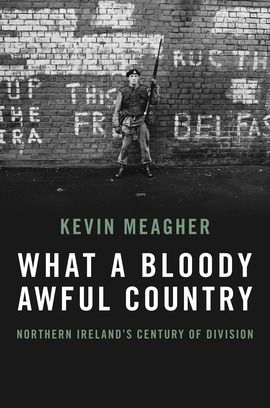
But, as I say, you know all this. The problem lies in finding a way to inform the people who really need to know, which means virtually the entire population of Britain, including Tory politicians of the ilk of the pathetically ill-informed former NI secretary Karen Bradley.
Their ignorance, encouraged by Britain’s political class and exacerbated by Britain’s blinkered myth-making press, ensures that there is no pressure on the government within Britain to grasp the Unionist nettle and set the agenda to give Ireland back its six stolen counties.
#100 yrs ago, English King George V visits Belfast. A city of pogroms, internment, apartheid, discrimination, second class citizenship, murder & mayhem. A putrid & vile sectarian appendage was created and the nationalist nightmare begins.Yet present day media paint a rosy picture pic.twitter.com/ovXlAEqOMn
— Seán Napier (@Seanofthesouth) June 22, 2021
One amusing aside is Meagher’s reminder that the first person to refer to this place as “the Six Counties” was none other than George V when he opened the devolved parliament in 1921. His speech also included an appeal for “forbearance and conciliation”, a call that Unionists who pledge allegiance to British monarchs failed to heed.
HATS OFF FOR BOLDNESS
By the way, hats off to Meagher for his boldness in choosing that title. A bloody awful country was a remark in 1970 by the British cabinet minister, Reginald Maudling, after his first visit to the North. His chauvinistic slight spoke volumes about the way in which the British establishment viewed Ireland as a troublesome place with troublesome people. Despite its loathing, however, it has expended much treasure in fighting to maintain it as part of the United Kingdom.
Doubtless, there are many within that establishment who are eager to relinquish Britain’s Irish colony. Remember how Margaret Thatcher’s final NI Secretary, Peter Brooke, said in 1990 that Britain had “no selfish, strategic or economic interest” in staying put.
Yet, 31 years later, the supposedly unselfish British hold on. Why? Because Unionists won’t let them go. Britain, having pandered to militant Unionism in 1921, allowing it licence to do as it liked and consistently reinforcing its adherents’ British identity, cannot persuade these zealots to see the error of their ways. The tail is wagging the dog.

